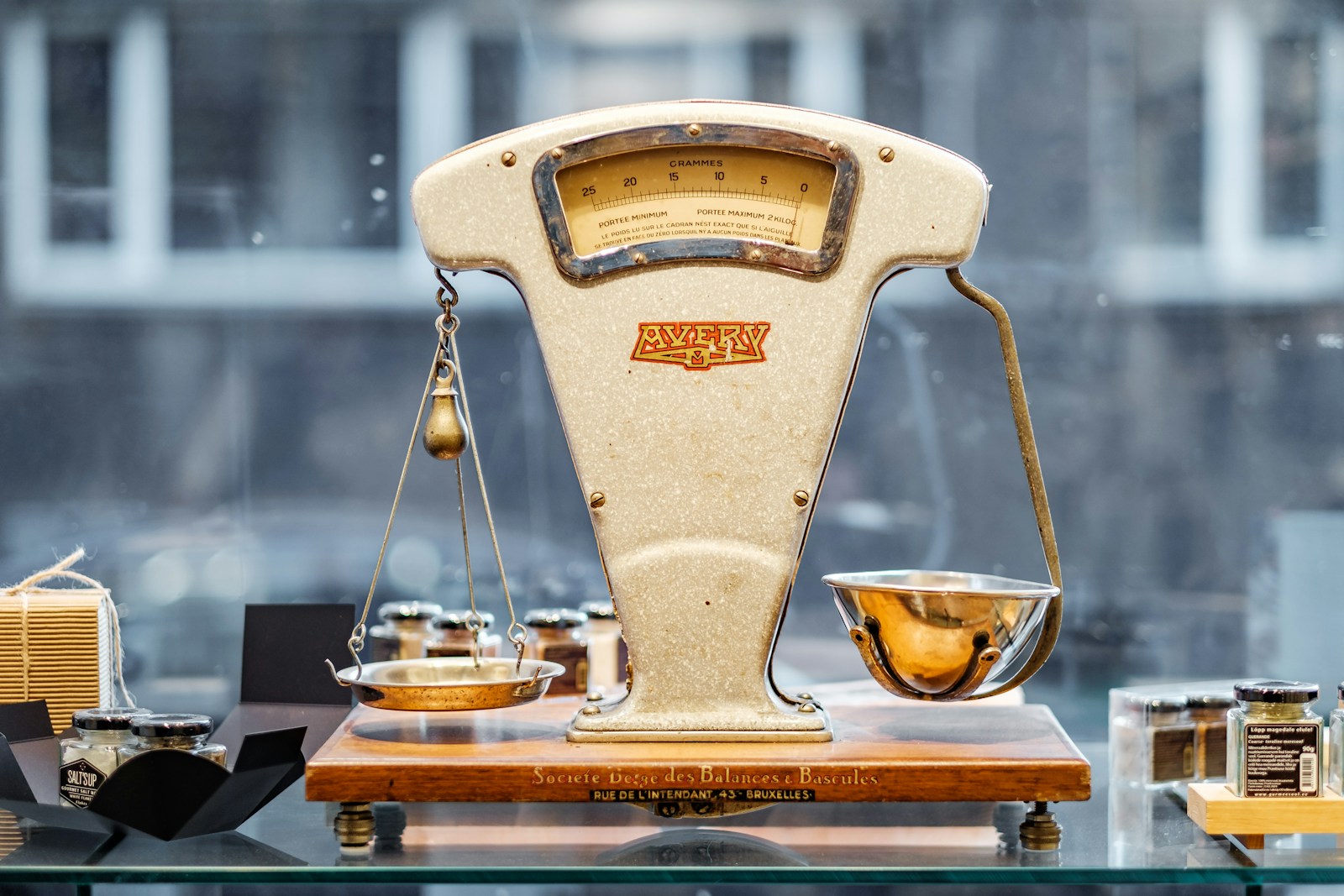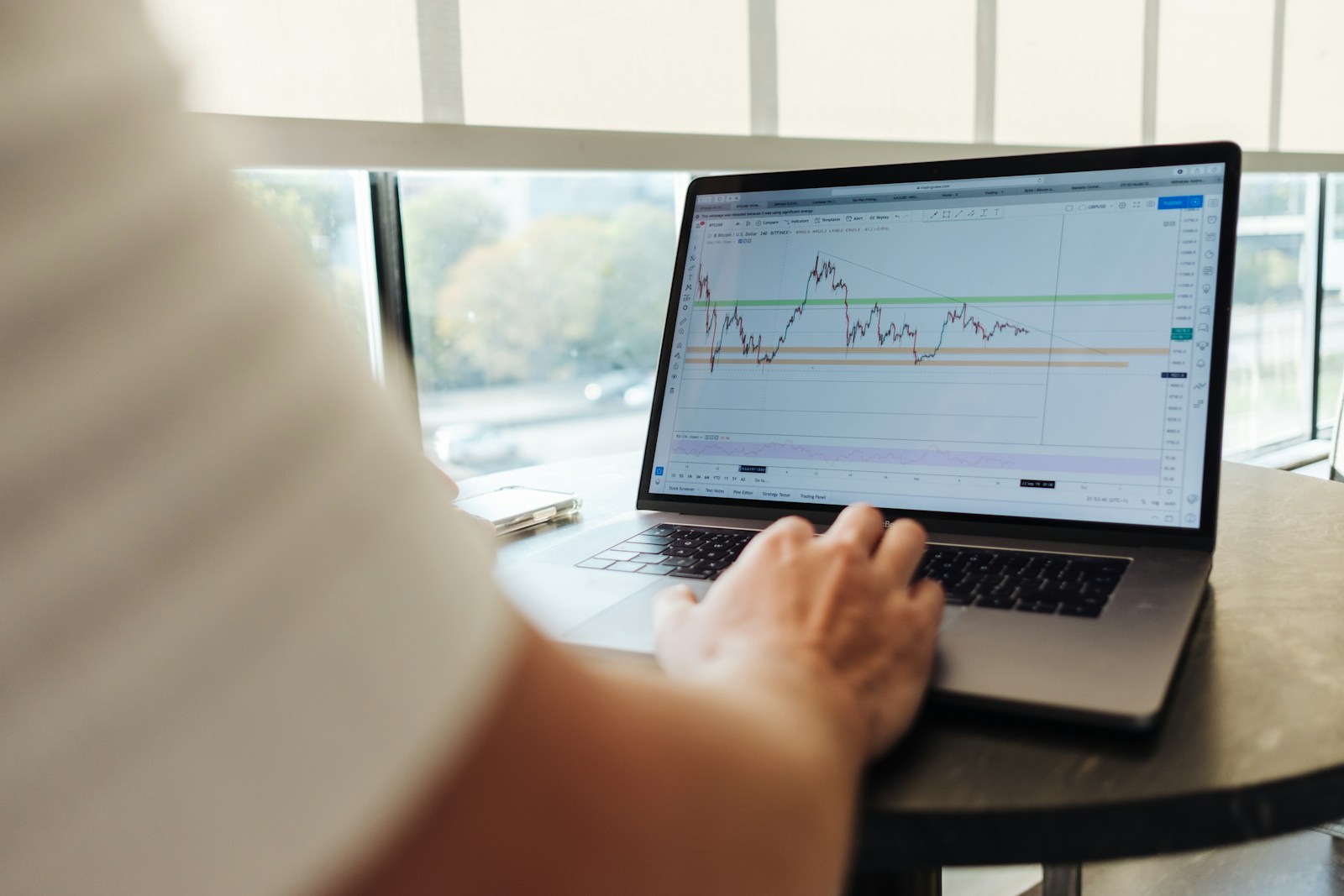Hope is a powerful and complex emotion that plays a significant role in trading psychology. It can inspire traders to persevere through challenges, but when unchecked, it often leads to poor decision-making and costly mistakes. Understanding how hope functions as an emotional trigger is essential for maintaining discipline and making rational trading choices.
In this article, we'll explore the dual nature of hope in trading, its potential pitfalls, and strategies for harnessing it constructively.
The Positive Side of Hope in Trading
Hope can be a valuable emotional tool when used appropriately:
1. Motivation to Keep Learning
Trading is challenging, and setbacks are inevitable. Hope can encourage traders to continue learning and improving despite losses.
2. Resilience During Drawdowns
Maintaining hope can help traders weather difficult periods without giving up on their long-term strategy.
3. Vision for Future Success
Hope fuels the belief that consistent effort and discipline will lead to profitable outcomes over time.
The Dark Side of Hope as an Emotional Trigger
While hope can be motivating, it often becomes problematic when it overrides logic and discipline.
1. Holding onto Losing Trades
One of the most common manifestations of misguided hope is refusing to exit a losing trade. Traders hope the market will reverse in their favor, often leading to larger losses.
2. Ignoring Stop-Losses
Hope can tempt traders to adjust or completely ignore their stop-loss levels, convincing themselves that a turnaround is imminent.
3. Overtrading to "Recover Losses"
Hope can drive traders to take excessive risks in an attempt to quickly recover from losses, often leading to further financial setbacks.
4. Clinging to Unrealistic Expectations
Hope can blind traders to the realities of market conditions, causing them to pursue trades that don't align with their strategy or current market trends.
How to Manage Hope Constructively in Trading
1. Stick to a Trading Plan
A well-defined trading plan that includes entry and exit criteria, risk management rules, and profit targets can help keep hope in check.
2. Set Realistic Expectations
Understand that losses are a natural part of trading. Avoid hoping for unrealistic outcomes by focusing on long-term, sustainable growth.
3. Use Stop-Loss Orders and Honor Them
Set stop-loss levels for every trade and stick to them. This removes the emotional decision of whether to hold onto a losing trade.
4. Keep a Trading Journal
Document your trades, including the emotions you felt during each decision. Reviewing your journal can help you recognize when hope influenced your choices.
5. Practice Mindfulness and Emotional Awareness
Mindfulness techniques can help you become more aware of your emotions, including hope. Recognizing when hope is influencing your decisions allows you to step back and reassess objectively.
6. Focus on the Process, Not the Outcome
Shift your mindset from hoping for profits to executing your strategy with precision. Success in trading comes from consistent execution, not wishful thinking.
7. Celebrate Discipline, Not Just Wins
Reward yourself for following your plan and making disciplined decisions, even if a trade ends in a loss. This reinforces positive behavior.
A Real-Life Example: Learning to Let Go
David, a day trader, entered a position based on strong technical signals. However, the market quickly moved against him. Instead of exiting at his predetermined stop-loss, David held onto the trade, hoping for a reversal. As the losses mounted, he clung to the belief that the market would eventually recover.
It didn't. David eventually exited the trade with a significant loss. Upon reflection, he realized that his hope had overridden his discipline. He decided to implement stricter rules for honoring his stop-losses and began journaling his trades to track emotional triggers like hope. Over time, his trading performance improved as he learned to manage hope constructively.
Conclusion
Hope is a double-edged sword in trading. While it can motivate and sustain traders through difficult periods, it becomes dangerous when it leads to irrational decisions and a disregard for strategy.
By recognizing the influence of hope, setting clear trading rules, and maintaining a disciplined approach, traders can harness this powerful emotion for positive outcomes. In trading, success often comes not from hoping for the best but from preparing for all possibilities and acting with discipline and confidence.









